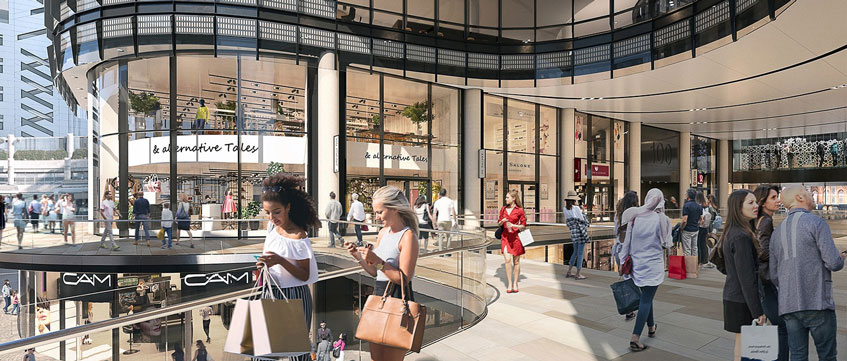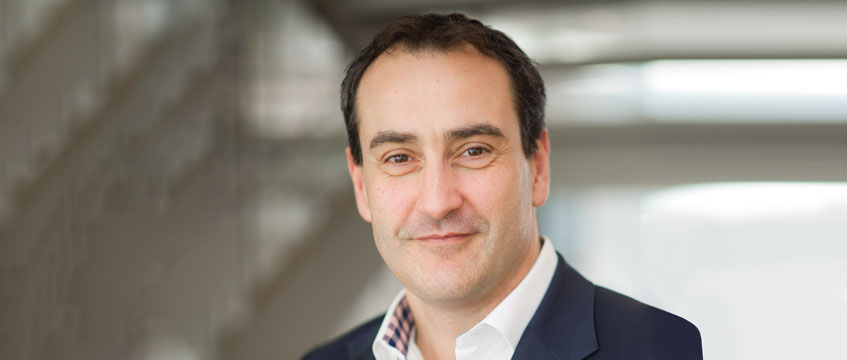There has been significant disruption in the office sector over the last few years and despite some recent well-publicised issues, the rise of flexible office space has been at the forefront of this. Yet, arguably, it isn’t the different business model that is at the heart of this disruption, rather it is the increased focus on people and how they use their space and the resultant pace of change in approach that has driven many landlords.
Customer focus is not something the real estate sector has historically been at the forefront of, but it’s become ever more important, with people expecting more from their employers and therefore their workplace.
Demands of existing and future generations of office customers have been evolving for some time and will continue to do so.
According to a study published by KPMG, 69% of millennials would trade other benefits for a better workplace. And with this demographic set to make up half of the UK workforce this year and the skills shortage set to grow, businesses recognise that the right working environment can have a positive impact on attracting and retaining talent and improving productivity.
The fact we are seeing HR directors playing an increasingly central role in decision making is a testament to how things have changed. We think customers’ needs go beyond simply providing flexibility
This trend is only going to increase as Generation Z start now to enter the job market. As the first true digital natives, this generation will seek ethical authenticity from their employers and have the ability to exercise greater freedom of expression themselves in their workplaces as well as outside of it.
With the blurring of the boundaries between work and life continuing, factors such as wellness, flexibility and accessibility are increasingly important considerations for employees. Businesses want to offer them a place to work that will not only boost productivity and wellbeing but be somewhere they enjoy going every day.
One of the reasons Mimecast chose Broadgate was the wide range of new restaurants, retailers and leisure operators that we’re bringing to the campus. It means their employees will have gyms, a cinema and a range of shops and restaurants on their doorstep.
The fact we are seeing HR directors playing an increasingly central role in decision making is a testament to how things have changed. We think customers’ needs go beyond simply providing flexibility.
The businesses who have or are looking to move to Broadgate have fed back that the outside environment is as important as the buildings themselves; that they want the ability to expand or contract or change location; that being part of a community is important to them and that they want sustainable, tech-enabled buildings.

Our mixed-use campus strategy has allowed us to respond very well to these factors, illustrated by our decision to invest in our public realm and outside spaces, as well as taking a holistic approach to the retail, F&B and leisure uses we introduce. It is also why we have rolled out Storey, our flexible workspace brand across the campus and why, when it is completed this year, 100 Liverpool Street will be one of the smartest buildings in London.
Gone are the days when property companies can simply let space and walk away. This new landlord-occupier relationship, which has been brought into sharp focus by the flexible office sector, has been the catalyst for change across the industry over the last 10 years and will continue to be the driving force for change we see in the sector over this decade.
If we look to the future, we can expect businesses to continue to see real estate as a valuable tool in their success, not just in attracting and retaining a talented workforce but also in aiding their environmental and social agenda.
David Lockyer is head of Broadgate at British Land











